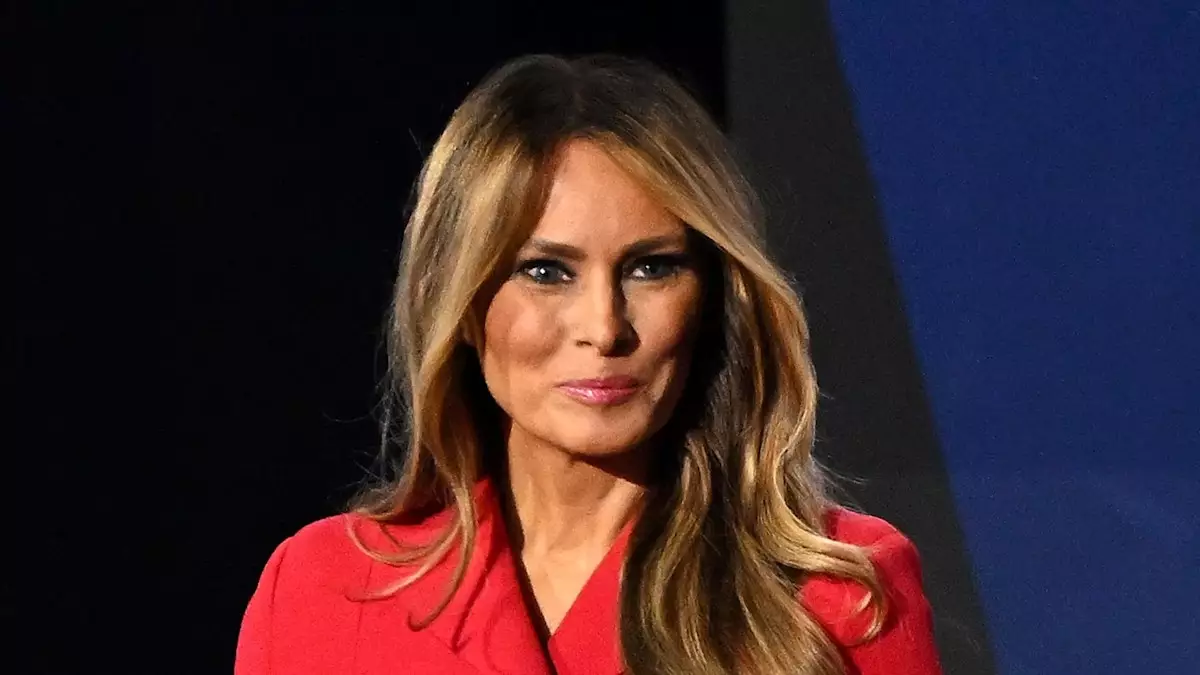Donald Trump is set to take the oath of office once again, marking the beginning of his tenure as the 47th President of the United States. Following the administration of Joe Biden, Trump’s inauguration is scheduled to take place in the heart of Washington, D.C., a city steeped in political tradition. This momentous occasion is not just a formality; it symbolizes the shift in power and ideology within the American political landscape. Trump’s supporters eagerly anticipate his leadership style, which is often characterized by bold decisions and unorthodox approaches to policy-making.
The inauguration will be a family affair, featuring Trump’s wife, Melania, and their daughter, Ivanka, by his side during this important ceremonial event. The presence of family at such pivotal moments underscores the personal dimensions of political life, highlighting the intertwining of private and public responsibilities for someone in Trump’s position. Even though the inauguration usually attracts a multitude of public figures, Trump’s administration will likely be defined not just by its political allies but also by its family dynamics.
Among the dignitaries attending the inauguration are former Presidents Barack Obama, Bill Clinton, and George W. Bush, alongside former First Ladies, including Hillary Clinton and Laura Bush. These figures represent a wide spectrum of political ideologies and can serve as a reminder of the diverse paths American leadership can take. However, the absence of notable personalities such as Michelle Obama adds a layer of intrigue to the event, as her choice not to attend reflects the polarized nature of contemporary American politics. The weigh-in from various factions can play a significant role in shaping public perception during critical transitions such as this one.
The participation of former presidents showcases the continued engagement of past leaders in the democratic process, setting an example for all citizens about the importance of respect and unity, even amidst differing viewpoints. Their presence symbolizes the continuity of the American democratic framework amidst era-defining political shifts.
As with any major public event, the outfits chosen by attendees are often subject to scrutiny, carrying social and political significance. Melania Trump’s appearance is particularly noteworthy, as she continues to reflect her identity through fashion. A glimpse of her elegant monochrome outfit during a church service ahead of the inauguration builds anticipation for her style choices during the ceremony itself. Fashion choices at such high-profile events can serve to send a message, reflecting not just personal taste but also broader cultural or national sentiments.
In her previous inauguration, Melania chose a dress by Ralph Lauren, symbolizing a nod to American fashion and heritage. This choice was significant, not just for its aesthetic appeal but also for its representation of the values associated with American craftsmanship and innovation. As fashion becomes increasingly intertwined with political identity, Melania continues to evolve her public persona amid scrutiny and admiration.
Melania Trump has made clear her intention to balance her personal and public roles. While she emphasizes the importance of motherhood and family, she also asserts her independence and individuality within the shadow of her husband’s presidency. Her statements reveal that she sees herself as more than just the first lady; she is cultivating her own identity and voice. This desire to contribute meaningfully to the public sphere highlights her complex position as both a supportive spouse and an independent woman navigating the intricate world of politics.
In her comments, she acknowledges potential perceptions about her role and strives to assert her unique viewpoint. This duality reflects the broader struggles many women face in positions of power, especially when their identities may become intertwined with their male counterparts. Her stance robustly embodies the challenge of fostering an independent voice while also embracing a supportive role in national leadership.
Looking Forward
As Donald Trump prepares to take office, the nation watches with bated breath, eager to witness the policies and decisions that will define his leadership. The inauguration is not just a ceremonial occasion; it is a pivotal moment that will shape the trajectory of American politics for years to come. With a mix of anticipation and skepticism, American citizens are preparing for a new chapter that promises both challenges and opportunities. How the Trump family navigates the complexities of political life will undoubtedly remain a point of interest as the administration unfolds.
Trump’s inauguration signifies much more than a change in leadership; it represents a nuanced interplay of personal relationships, broader political dynamics, and cultural representations that define American society today. The complexities surrounding such an event will resonate far beyond the day itself, framing discussions on leadership and representation for future generations.


Leave a Reply